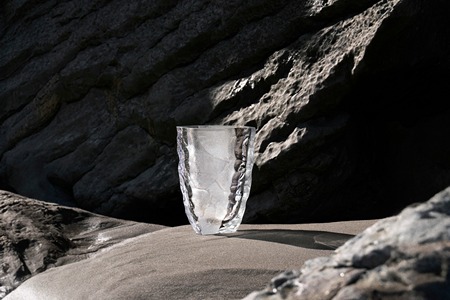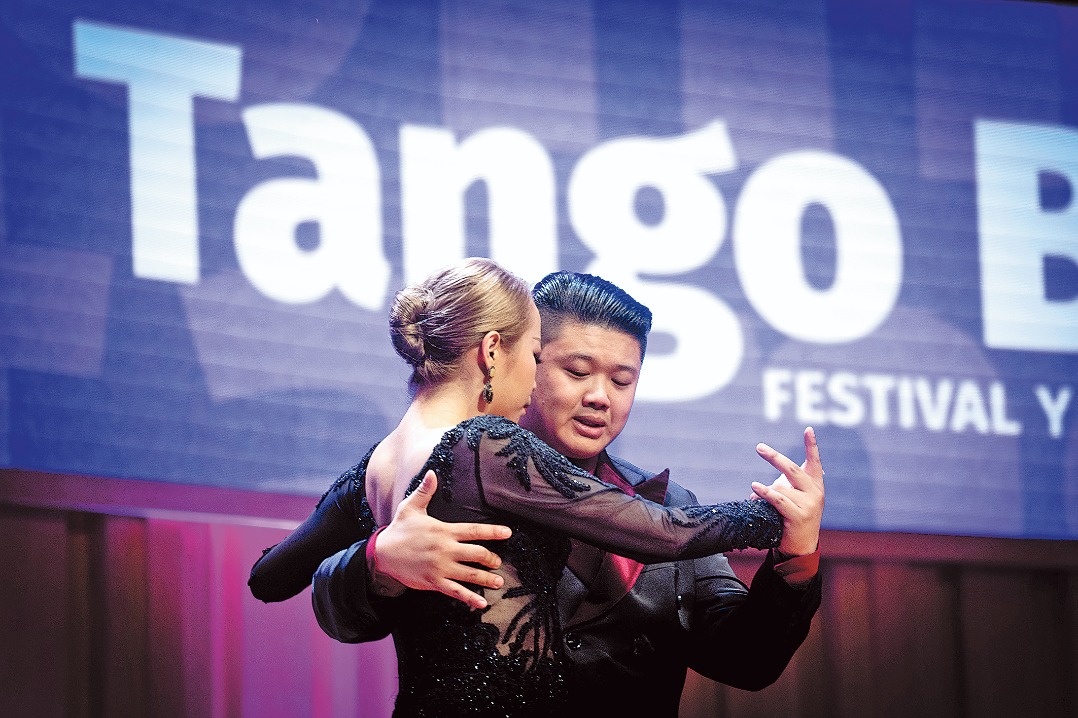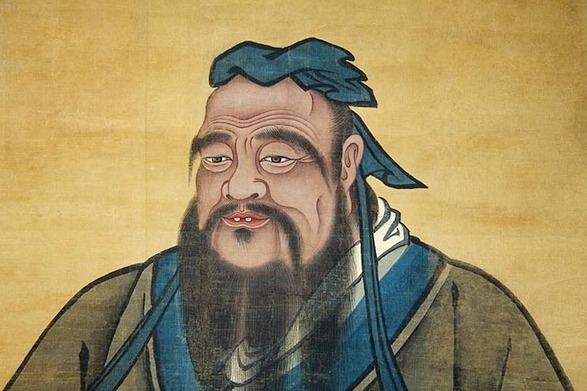Scholars bond over research in 'dinosaur hometown'


In this remote northeastern Chinese county bordering Russia, dinosaurs have taken over the streets. From building signs featuring roaring dinosaurs to market stalls adorned with prehistoric pals, Jiayin in Heilongjiang province lives and breathes the legacy of the creatures that roamed the Earth millions of years ago.
The fascination with dinosaurs traces back to a landmark 1902 discovery when paleontologists unearthed the Mandschurosaurus amurensis, a large hadrosaurid dinosaur that marked one of China's earliest major dinosaur fossil excavations. This earned Jiayin the title of the "hometown of dinosaurs", with experts asserting that the area holds one of Asia's most significant dinosaur burial grounds.
"So far, 13 complete hadrosaur fossil skeletons have been excavated from Longgu Mountain," says Sun Kexin, a docent at the Jiayin Shenzhou Dinosaur Museum. "Experts believe this area represents a massive dinosaur cemetery containing at least 100 more complete fossils waiting to be discovered."
The county's dedication to paleontology culminated in the 2001 establishment of the Dinosaur National Geological Park, spanning 38.44 square kilometers with a clearly demarcated core, a buffer, and experimental zones. The park serves multiple functions, including scientific research, public education, and tourism.
Within the park, the Shenzhou Dinosaur Museum stands as a testament to both natural history and human curiosity, housing specimens that offer invaluable insights into dinosaur evolution and geological changes. Visitors can stroll through exhibits filled with impressively preserved fossils and lifelike displays that make it feel like they've stepped right out of a time machine.
"One larger hadrosaur raises its head high, as if it had discovered the approaching disaster but couldn't escape, using its last bit of strength to roar and warn its companions," describes Sun, during a tour. "It gazes at a smaller hadrosaur beside it, believed to be its offspring — a moment that captures their deep bond."
The county recently drew global attention for hosting the Fourth Jiayin Forum on Fossil Protection and the Symposium on Tourism Geoscience, attracting experts from China, Russia, Japan, France and Thailand.
Among them was Professor Abdul Rahman Ashraf of the University of Bonn in Germany, a veteran collaborator.
"I've visited Jiayin 25 times. China is my second hometown," the 83-year-old scholar says. "Over nearly four decades, I've collaborated with numerous Chinese professors, establishing excellent cooperative relationships."
The international appeal extends beyond individual researchers. Harufumi Nishida, president of the International Organization of Palaeobotany, notes: "Since my first invitation in 2003, I've witnessed extraordinary progress. Chinese colleagues have revealed dinosaurs and their ecosystems through international cooperation."
Wang Jun, chairman of the Palaeontological Society of China, emphasizes Jiayin's unique position: "Its geographical location makes it not only an important fossil site but also a bridge for international exchange. Paleontology knows no borders — it requires dialogue, cooperation, and mutual advancement."




































